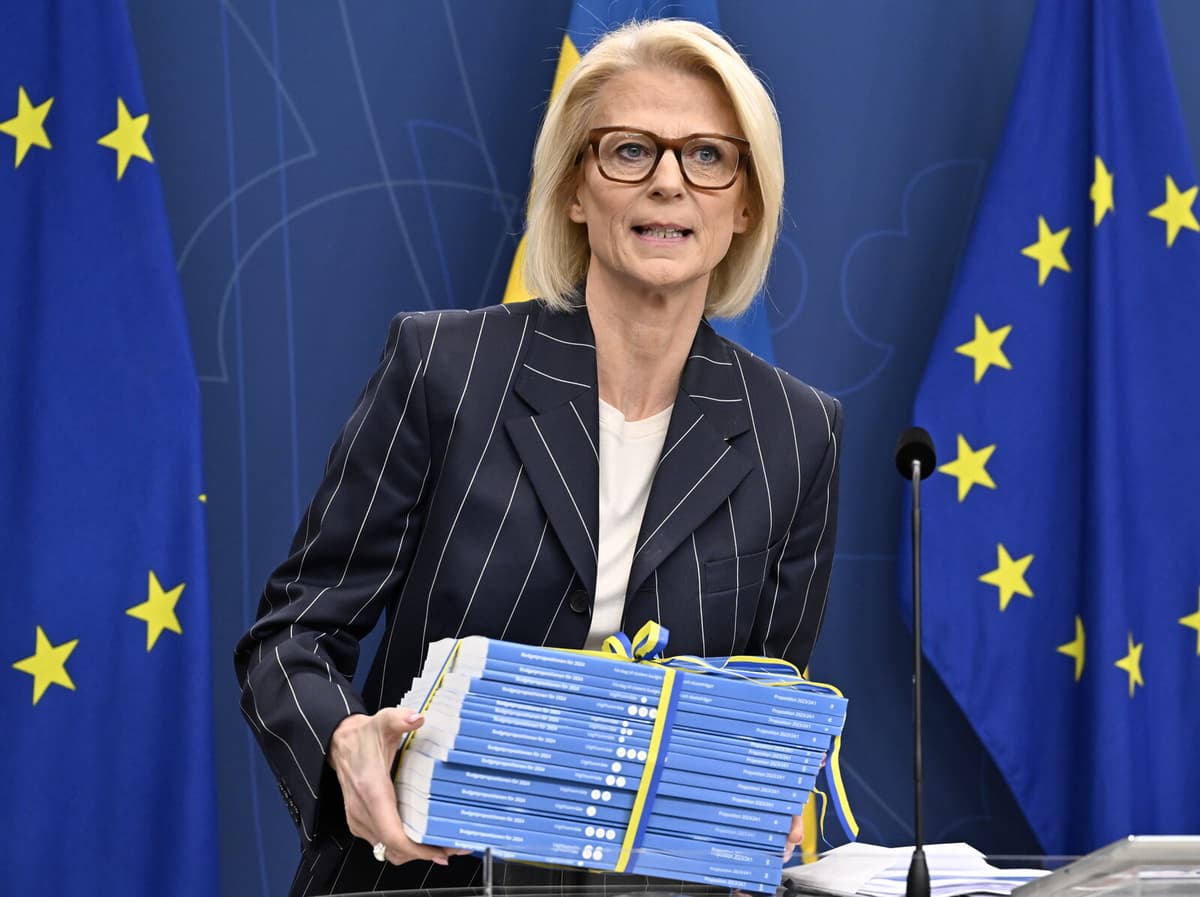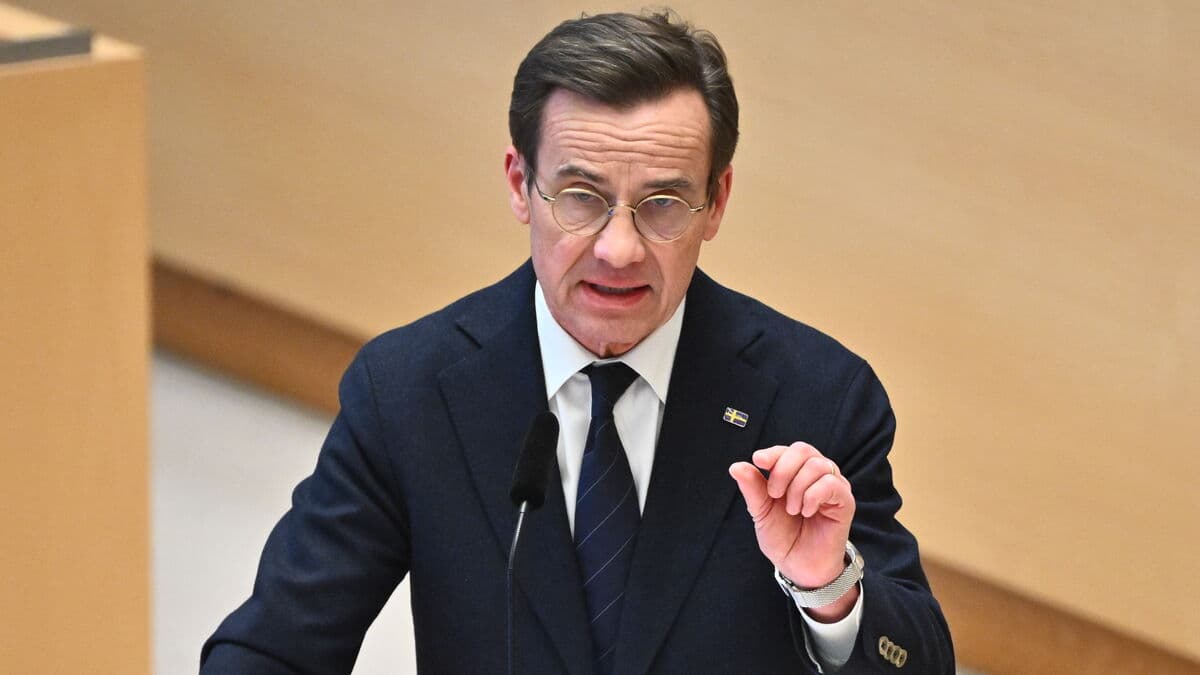The budget proposal for 2025, which will be presented on Thursday, has a completely different profile than the one presented last autumn.
This budget is significantly more expansive and includes new reforms worth approximately 60 billion kronor, compared to 39 billion in 2024.
Of the 60 billion, almost 27 billion kronor will go towards reduced taxes, which will benefit households in the form of reduced income tax, reduced tax on savings, and reduced tax on petrol in 2025.
Stimulating the Economy
The reason is that inflation has fallen sharply, and the government is now concerned that Sweden is in a recession and that households have weak purchasing power. Therefore, they want to stimulate the economy.
Taxes were also reduced this year, but the automatic adjustment of the threshold for when state tax should be paid was simultaneously stopped. This meant that those with higher incomes missed out on 13 billion.
The government is no longer as concerned about the economy of the healthcare sector. The falling inflation means that the regions' pension costs are expected to decrease significantly in 2025. The Ministry of Finance estimates that the municipal sector will have a surplus next year, while the regions are expected to break even with the help of the additional funds in the 2025 budget. Healthcare, schools, and care are proposed to receive almost eight billion of the reform space of 60 billion, with healthcare receiving three billion.
This can be compared to the 16 billion that the welfare sector received from the reform space in the budget proposal for 2024.
Hot Topic
The opposition is expected to demand more money for welfare in the budget debate on Thursday. Another hot topic in the debate may be the distribution of budget investments between high- and low-income earners.
The strengthened job tax deduction is estimated to give over four million taxpayers an average of 2,600 kronor per year in reduced taxes. At the same time, the phase-out of the job tax deduction for high-income earners is being abolished. This affects 465,000 people, who will receive an average of 10,100 kronor per year in reduced taxes.
The budget investments are largely financed through loans. The deficit in the public sector is estimated to be 1.3 percent of GDP in 2025, including support to Ukraine. A deficit is also expected in 2026, with 0.6 percent of GDP.
Reduced Tax: 26.7 billion (44 percent)
strengthened job tax deduction: 11 billion
reduced tax for pensioners: 2.5 billion
abolition of phase-out of job tax deduction: 4.7 billion
reduced tax on ISK savings: 4.4 billion
reduced petrol tax: 3.2 billion
abolition of air travel tax: 0.9 billion
Welfare: 7.5 billion (12 percent)
healthcare: 4.6 billion
schools: 2.8 billion
care: 0.1 billion
Total Defense: 8.6 billion (14 percent)
Environment and Climate: 1.3 billion (2 percent)
Judicial System: 3.5 billion (6 percent)
Infrastructure (road maintenance): 1.6 billion (3 percent)
Research: 1.5 billion (3 percent)
Medicine Costs: 5.6 billion (9 percent)
Other: approximately 4 billion (7 percent)
Total: Approximately 60 billion (100 percent)
Source: Ministry of Finance






